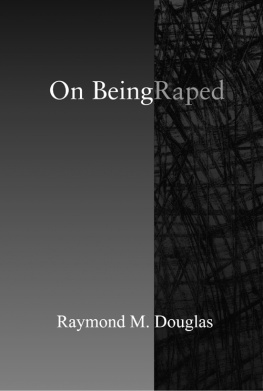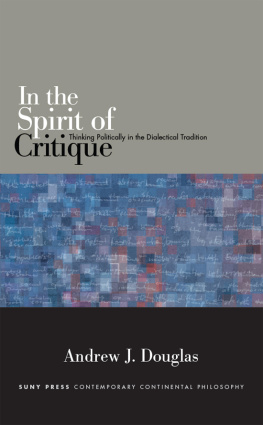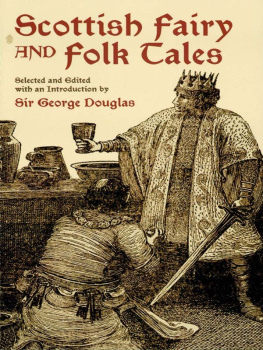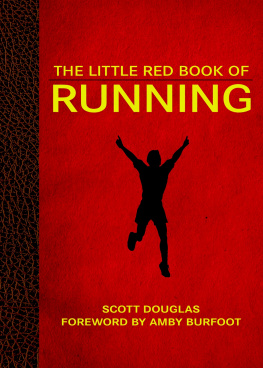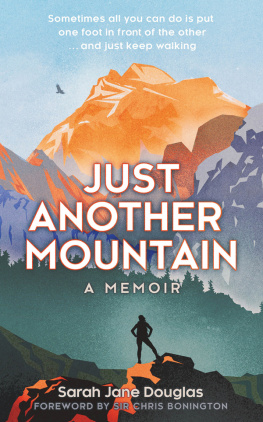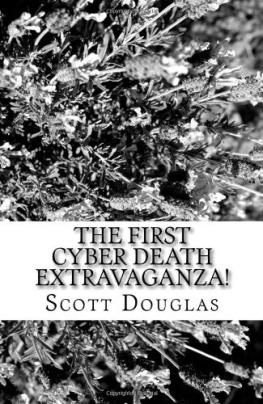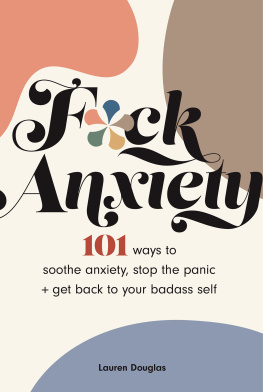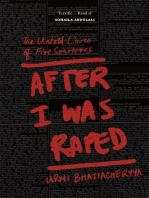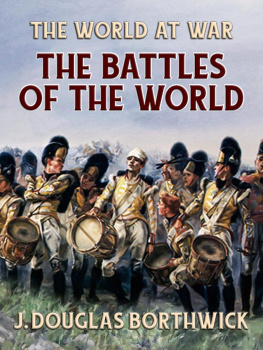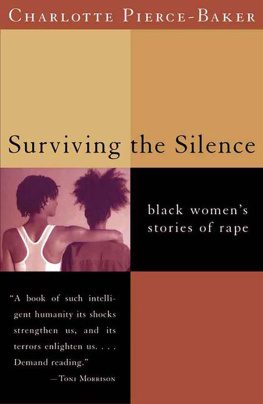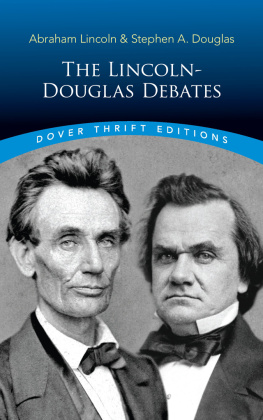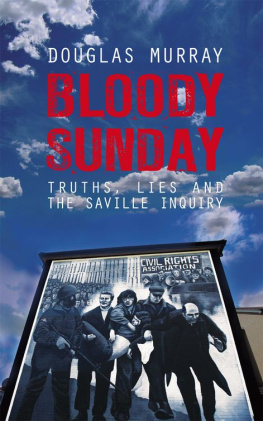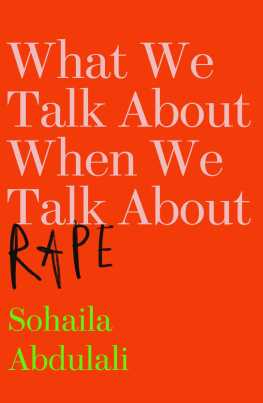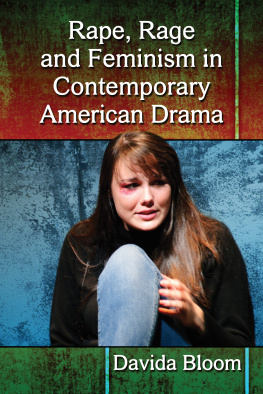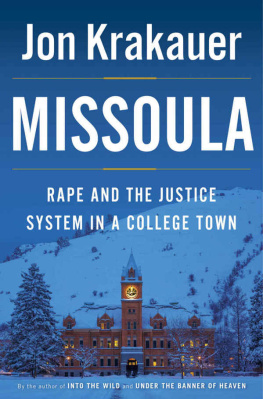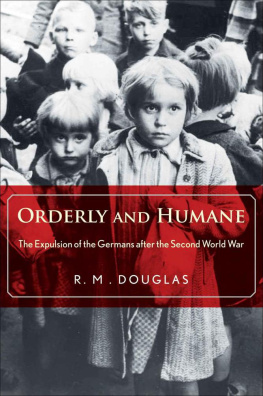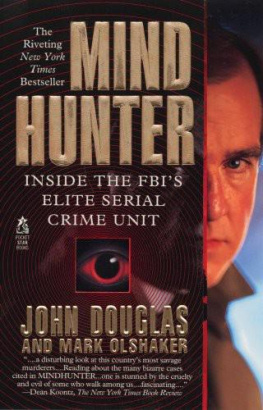
For all the others
On Being Raped

ITS NOT EVIL THATS BANAL, ITS EVILDOERS. GREAT CRIMES have a grandeur to them, a dramatic sweep that compels our attention. Even petty offenses can be interesting, like the wave of kidnappings of lawn ornaments for ransom in the northeastern United States a few years ago. But the perpetrators of even the most atrocious deeds seem to have nothing in common beyond their personal insignificance. Adolf Hitler was an awkward nonentity, his stock of knowledge drawn from the early twentieth-century Viennese equivalent of the Readers Digest, with herbicidal bad breath and an over-large nose to divert attention from which he grew a still more ridiculous moustache. Joseph Stalin was a failed priest. Bonnie and Clyde were, respectively, a part-time waitress and an unsuccessful turkey thief. Hermann Goering played with trains. Hence the frustration of biographers who peel away layer after layer of the psyches of historys greatest criminals only to discover, in Gertrude Steins words, that there is no there there.
The man who raped me conforms all too faithfully to this pattern. I knew little about him before the attack, and have not seen any reason to find out much more since then. Undistinguished in his career, unexceptional in appearance and demeanor, there was nothing about him that would make him stand out in a crowd. It was my bad luck to learn that he was also cunning, violent, and someone who obtained gratification from causing others to suffer. But even those traits are not particularly unusual in todays world. Not the least embarrassing aspect of this entire episode is that my life should have been so deeply affected in so many ways by so entirely mundane an individual.
As for the rape itself, it too, as best as I can judge, was mundane. To be sure, thats largely guesswork on my part. There is only one rape that I can claim to know about with any degree of authority, and that is my own. And yet even as I write about it, I can see the words fade and lose definition before my eyes. How many billions of times have such things happened in human history? How many tens of thousands of descriptions? Everything lapses into a terrible sameness, a story that isnt worth telling because it is so infuriatingly familiar. What makes my rape different? Well, it happened to me hardly seems like a compelling justification for banging on about it. No bore like a rape bore.
But theres the difficulty. My rape, in all important respects like everybody elses, fits every pattern but my own. Since it happened, Ive been trying to find a slot for it in my biography, with clearly marked boundaries like all the other highlights (birth, school years, first job, rape, university, grad school...). But it refuses to stay there. Even today its continuing to rewrite the computer code of my life, like one of those pieces of Web malware that covers the screen with pop-up windows faster than I can close them down. Ive experienced other crimes, as most people have: burglary, property theft, minor assaults. There one can speak of a before and after. The baddie was identified and prosecuted, or not; the goods were recovered or the insurance policy paid off; the drunken creep who started swinging wildly in all directions was thrown out by the bouncer. Only in this instance are things different. Through the intervention of some inexplicable chronological constant, rape is always now.
I suspect that this is true for others also, though since being raped Ive become much more cautious about telling anybody else what their experience is like. The really difficult thing is to say why I have found it so. There have been many events in my life that I, at any rate, found momentous: some good, some gruesome. Why cant this single night, out of all of them, be relegated to the place it belongsan unpleasant experience from my past, but one that was survived and surmounted?
The answer, I think, is that rapemy rape, anyway; probably most other peoples alsodoesnt allow for that kind of separation between the event and the self. Rape is knowledge, but not the sort that does you, or anybody else, any good. When I was raped, I learned things about myself and the world I live in that it would have been far better never to know. And for most of my adult life, the knowledge has been killing me.

I was eighteen years of age. My second job out of school was as the lone security guard on the night shift at a teacher-training college: six days on, Fridays off. I patrolled the seven-acre campus with a flashlight and a dog that did its damnedest to bite me every time I put the leash on until I finally insisted that the canine lunatic be taken away. The hours were long and the pay abysmal, but I liked the work and the responsibility.
One rainy February evening on my off night, a priest of my acquaintance telephoned my home and left a message with my mother asking me to come down to the parochial house, where he was having a gathering. I knew him to talk to, though this was the first such invitation Id received and I hadnt laid eyes on him in months. Hed been a kind of unofficial chaplain at my school, much involved in conducting spiritual retreats, and a lot of the older students used to go across the street and hang out in his upstairs living room during my last year there. His music collection was locally famous, and would have been sufficient to meet the needs of a small radio station. He was in his early forties, mordant, cynical, and quick-witted. We all thought he drank a bit too much. He made clear that we were welcome to share the stock of his impressive home bar to our hearts content, though surprisingly few of us used to take him up on the offer.
The party, when I arrived a little after nine, was something of a downer. Another priest and half a dozen or so of my erstwhile school friends were already there, three of them sitting by the fireside in the living room with grimly polite expressions on their faces. I found the remainder skulking in the adjacent kitchen, where they evidently intended to remain as long as they decently could. Our clerical hosts mood, we knew, tended to ebb and flow with his alcohol consumption. When I arrived he was visibly hammered, standing at the fireside and waving a tumbler of neat whiskey around while delivering his favorite harangue of a conventionally anti-Vatican variety. Wed heard it all before, many times. As the evening dragged on, his gestures became wilder, his eyes glassier, and his rate of intake more rapid. One of my more astute friends, recognizing the danger signs, volunteered to mix the drinks. By midnight the priest seemed not to realize, or to care, that the glasses we were handing him contained little more than amber-tinged water.
Around two in the morning, the other cleric having long since fled and with no end in sight, most of us ducked into the kitchen for a quick council of war. We agreed that our man was in no condition to be left on his own; apart from anything else, his car stood outside the house, as it always did in readiness for a late call-out to some dying parishioners bedside, and none of us knew where he kept the keys. Clearly he had no intention of winding down operations as long as the party was under way. Straws were drawn, and it fell to me to stay with him after the others departed; ensure that he did not go on any midnight drives by himself; and pour him into bed whenever the impact of the booze he had already consumed finally knocked him over.

